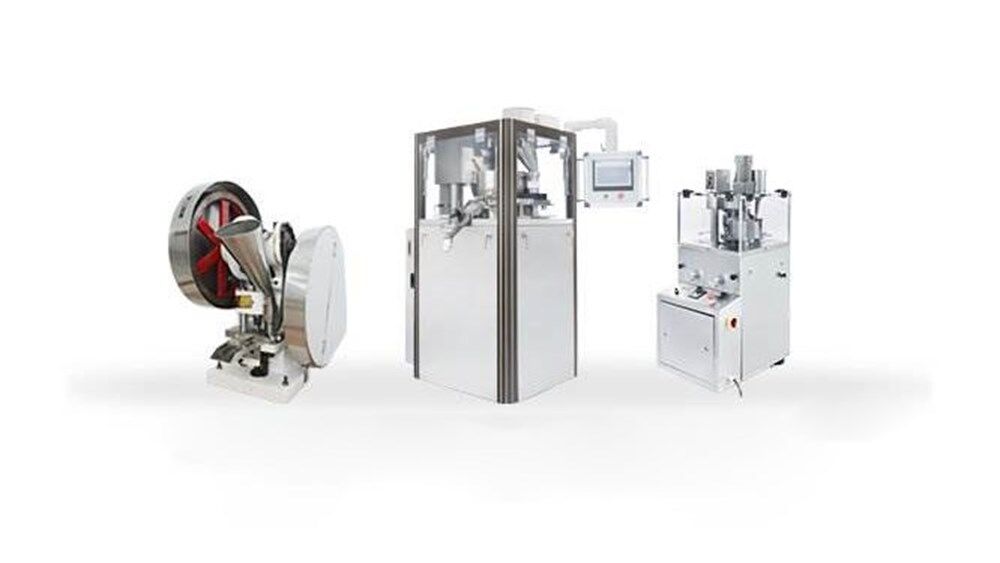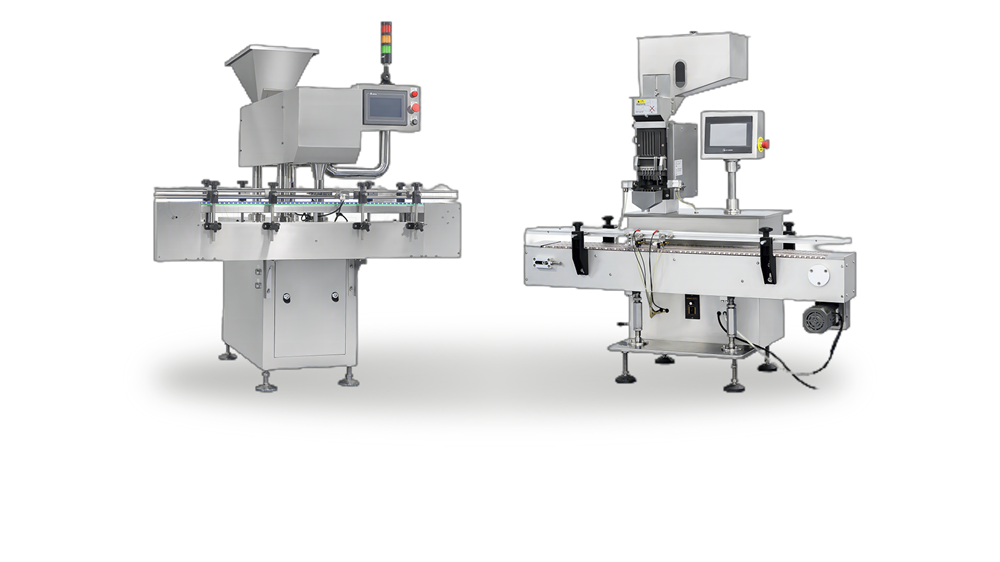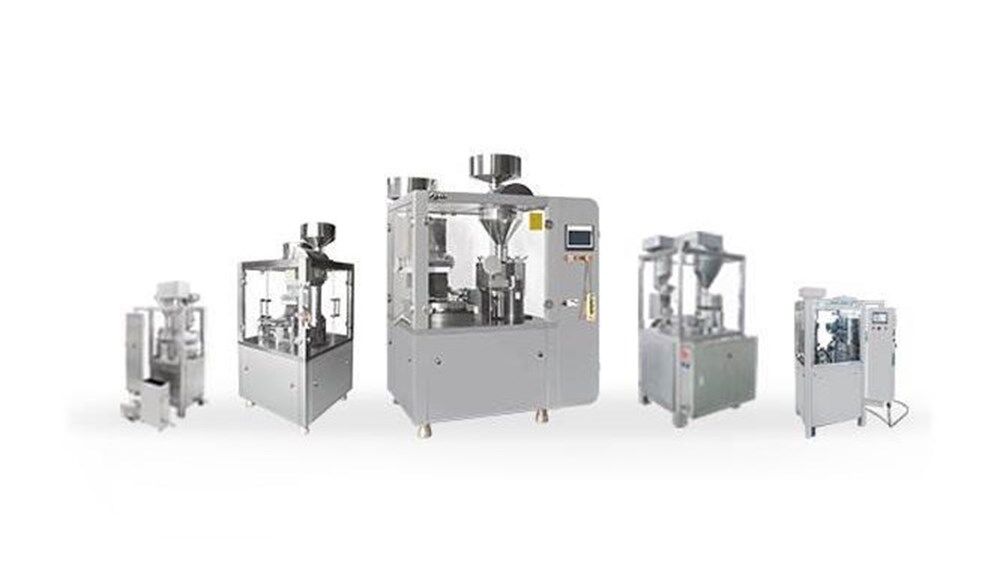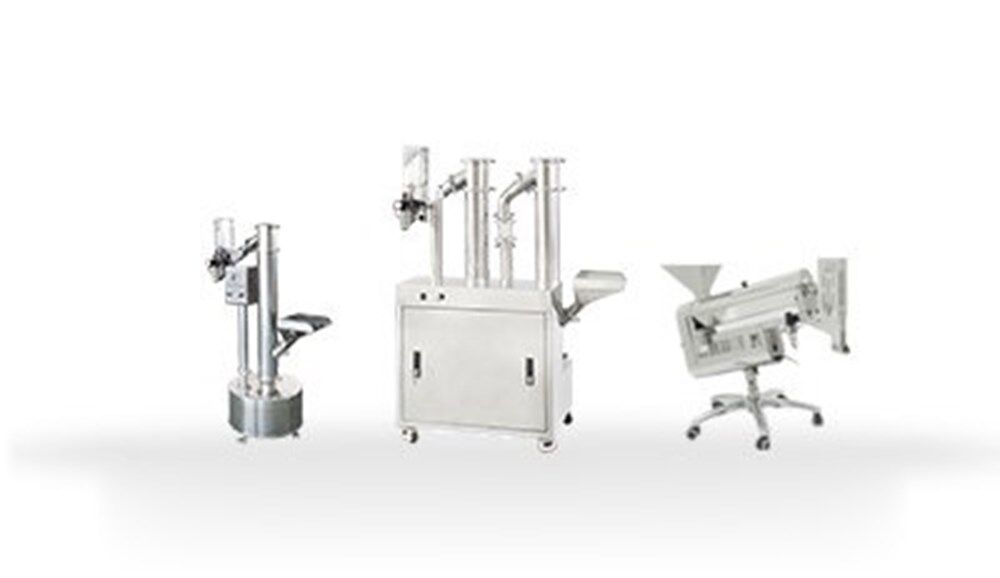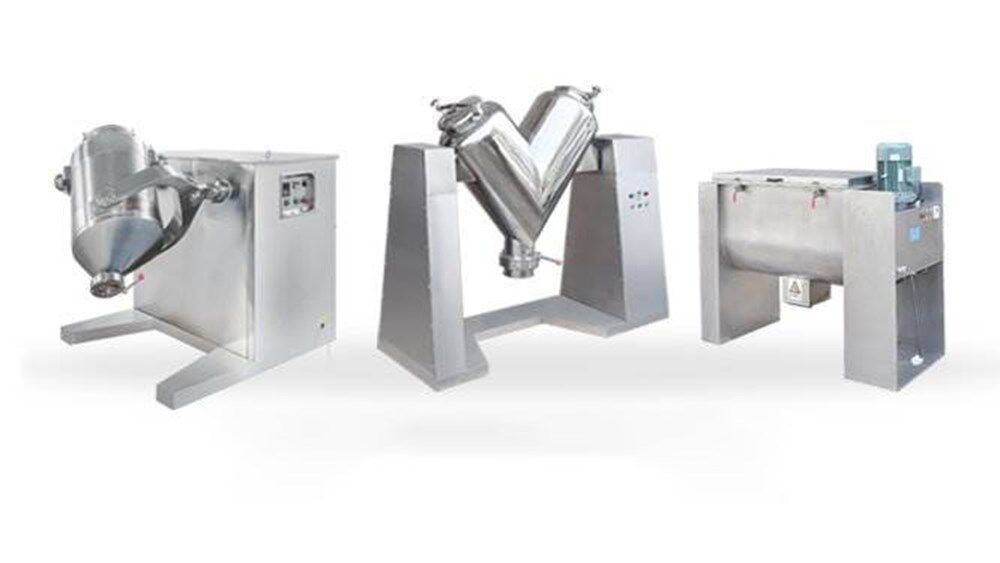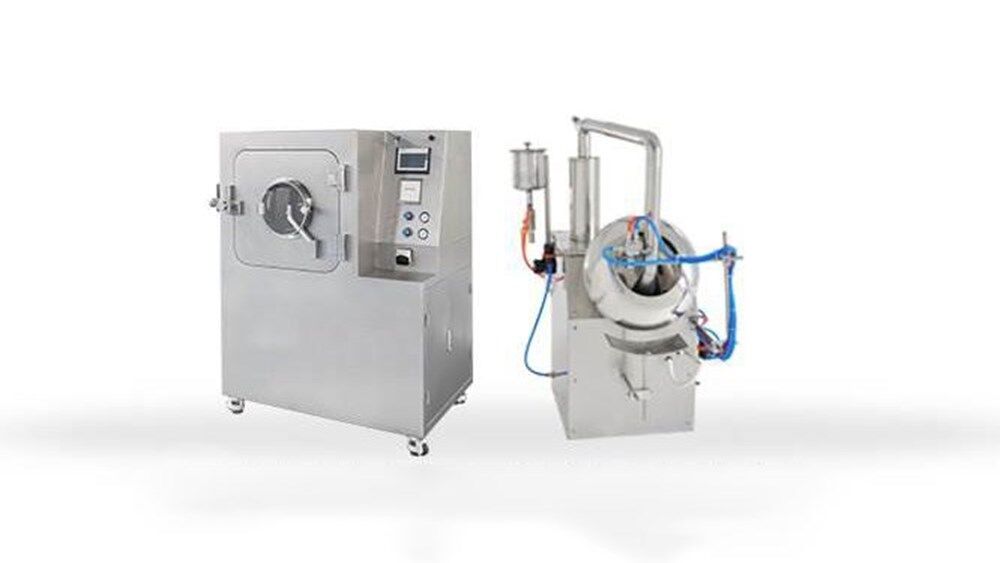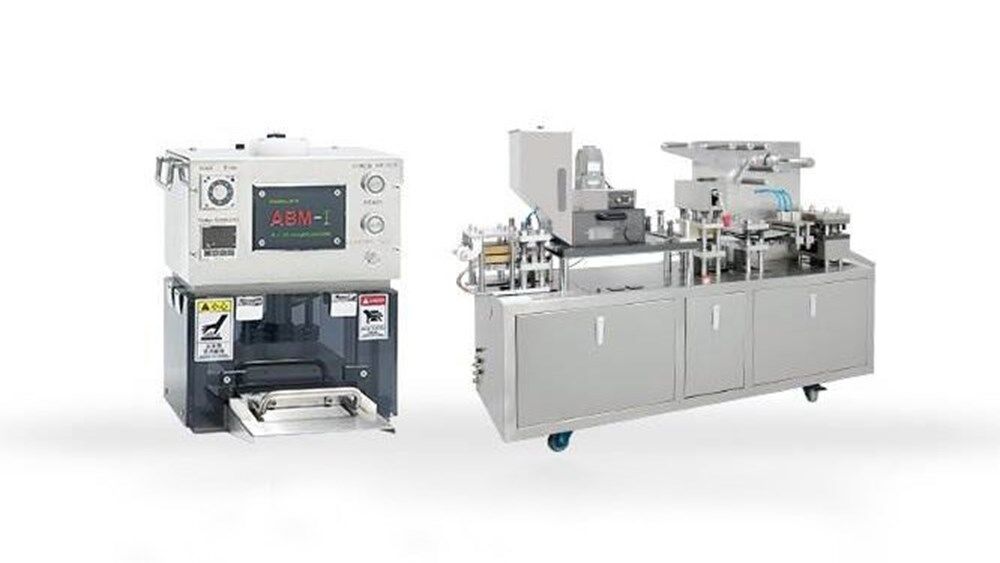Can You Take Too Many Fish Oil Pills?
Fish oil pills are super popular these days. They're loaded with omega-3 fatty acids that are great for your heart, brain, and overall health. The pill form also makes it easier to take on-the-go.
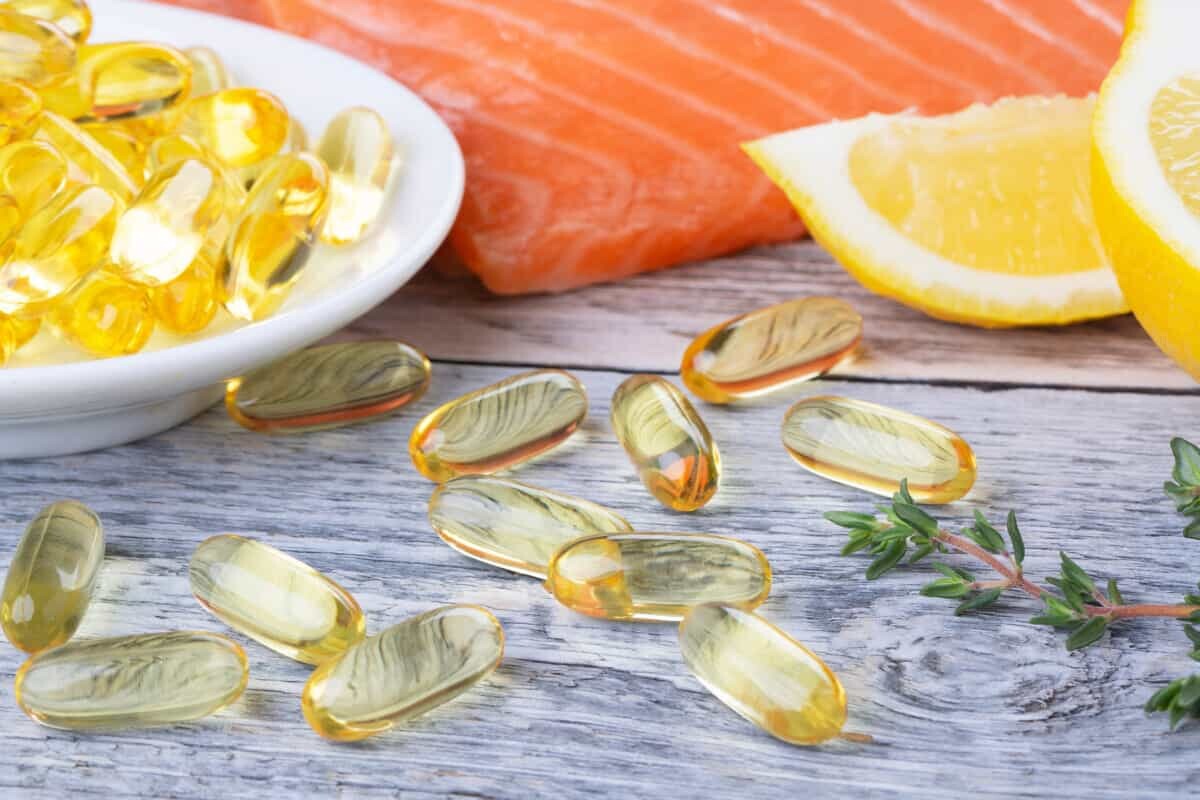
But here's the thing—are you taking the right dosage every day? Having too much of a good thing can also turn out to be a bad thing. If you've ever wondered whether more pills mean more benefits, the truth is that overdose could backfire.
In this post, we'll break it all down: how many is too many, what can happen if you take too many fish oil pills, and the recommended daily dosage. Let's jump in!
What Are Fish Oil Pills?
Fish oil is recognized as a rich source of omega-3 fatty acids. You might have heard about DHA and EPA; they're the two main types of omega-3s found in fish oil. Omega-3s boast quite a few health benefits. They support heart health, reduce inflammation, and possibly even boost mood.
Unfortunately, omega-3s can't be manufactured in the human body; they're basically derived from foods like nuts, seeds, fatty fish, and other seafood. However, many people are not into these foods. So, fish oil supplements were created.

The fish oil pills we're talking about today are one of the forms of fish oil supplements. Made from the oils of fish bodies or livers, fish oil pills provide a convenient way to help you get those beneficial fatty acids. They usually come in soft gel capsules, which makes them easy to swallow.
How Many Is Too Many Fish Oil Pills Per Day?
The answer depends on how much omega-3 fatty acids your pills contain. The content of omega-3s in fish oil primarily refers to the combined amount of EPA and DHA.
The U.S. Food and Drug Administration (FDA) recommends that you don't consume more than 3 grams (3,000 mg) of EPA and DHA combined per day. The European Food Safety Authority (ESFA) suggests that the daily intake of omega-3s should not exceed 5 grams (5,000 mg).
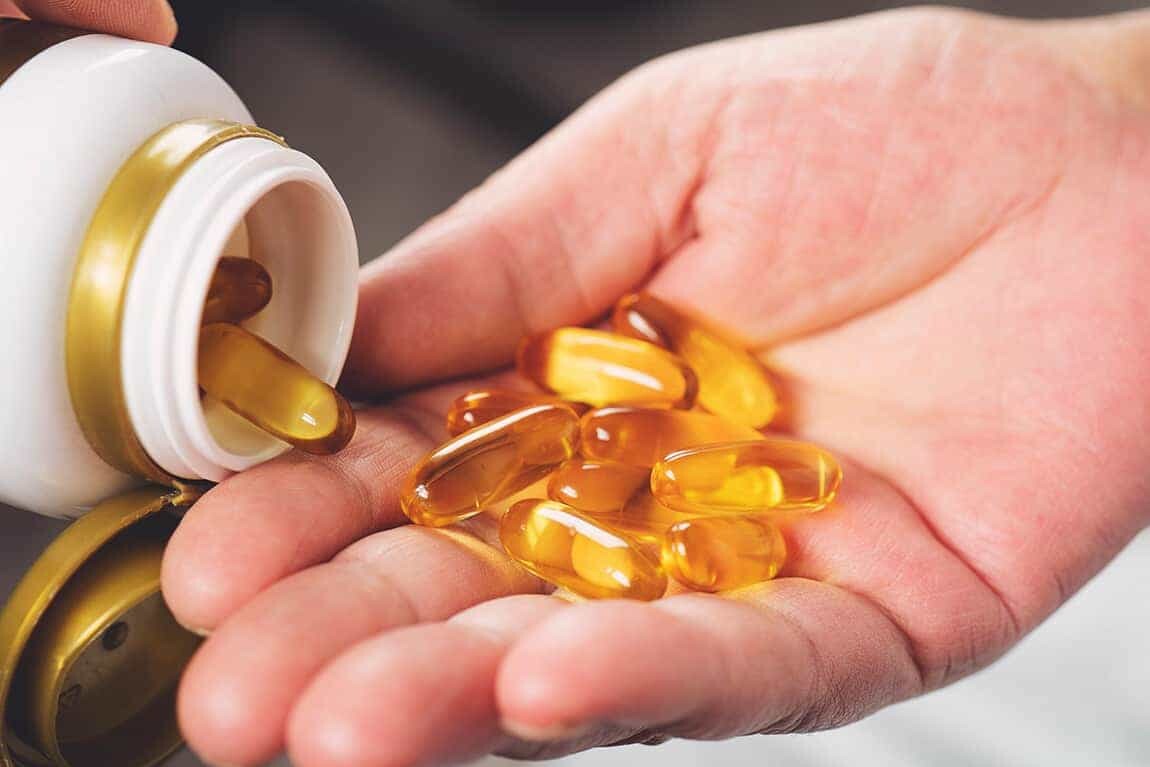
Remember, the omega-3 content in fish oil supplements can vary quite a bit. For instance, a 1,000 mg fish oil pill might only provide about 300 mg of combined EPA and DHA. So, to reach the FDA's suggested maximum of 3 grams, you'd need to take around 10 of these pills daily. Obviously, no one would want to consume that many pills in a single day.
What Will Happen If You Overdose on Fish Oil Pills?
Though it's unlikely to overdose on fish oil, there are still side effects that you should look out for when taking this supplement. Let's take a look at some common side effects that may occur if you take too many fish oil pills carelessly.

Increased Risk of Bleeding
If you take about 3 grams of fish oil in one day, the omega-3 fatty acids may thin your blood. This means your blood doesn't clot as easily. You might notice that you bruise more easily or that cuts take longer to stop bleeding. If you're already taking warfarin or aspirin, adding a high dose of fish oil can increase the risk of serious bleeding problems.
Digestive Issues
Taking a lot of fish oil pills can upset your stomach. You might feel nauseous, experience heartburn, or have indigestion. Some people get diarrhea or stomach cramps. This happens because large amounts of oil can be hard for your digestive system to handle all at once.
Lowered Blood Pressure
Fish oil is known to help reduce high blood pressure, which is great for heart health. However, if you take too much, your blood pressure could drop too low. This may cause you to feel dizzy, particularly when you stand up suddenly. If you already have low blood pressure or you're taking medications to lower your blood pressure, high doses of fish oil could amplify the effect.
Blood Sugar Changes
High doses of fish oil might affect blood sugar levels, especially if you have diabetes. Some studies find that taking large amounts of omega-3s can interfere with how your body manages insulin and glucose. This could make it harder to control your blood sugar levels.
Vitamin A Toxicity
Cod liver oil supplements contain high levels of vitamin A. Vitamin A is essential for vision, immune function, and skin health, but too much can be harmful. Overdosing can lead to symptoms like nausea, headaches, dizziness, and even more serious issues like liver damage or bone thinning.
Impaired Immune Function
Consuming Omega-3s helps reduce inflammation, but overdoing might suppress your immune system too much. A weak immune system could make you more vulnerable to infections. You might catch colds or other illnesses more easily. Your body may get weakened at fighting off bacteria and viruses if you're consuming very high doses of fish oil over a long period.
How Many Fish Oil Pills Should You Take Every Day?
The number of fish oil pills you should take each day can vary based on your age, health status, and specific health goals. Here's a breakdown for different groups of people:

Healthy Adults
– For overall health, many experts recommend at least 250–500 mg of combined EPA and DHA for daily intake. This usually equates to taking one to two standard fish oil pills daily, depending on the brand and concentration.
– If you regularly eat fatty fish like salmon or mackerel, you might already be meeting your omega-3 needs through your diet and may require fewer supplements.
Individuals with Heart Health Concerns
– Those with heart conditions may benefit from higher doses, around 1,000 mg of EPA and DHA daily. This could mean taking two to three pills each day.
– Higher amounts can affect blood clotting and interact with your medications. So, talk to your doctor before increasing your dosage.
People with High Triglyceride Levels
– To help lower triglyceride levels, doctors might recommend 2,000–4,000 mg of EPA and DHA per day.
– Such high doses should only be taken under medical supervision to monitor for potential side effects and interactions.
Pregnant and Breastfeeding Women
– Omega-3s are beneficial for the development of a baby's brain and eyes during pregnancy. An intake of at least 300 mg of DHA daily is often suggested.
– Opt for fish oil pills that are purified and tested for mercury and other contaminants. Talk to your obstetrician to determine the appropriate dosage.
Children and Adolescents
– Kids need omega-3s, too, but in smaller amounts. Dosages vary by age and weight.
- Under 2 Years: Generally, omega-3s are obtained through breast milk or formula.
- Ages 2–13: Supplements may range from 500–1,000 mg of EPA and DHA daily.
– Always speak with a pediatrician before giving fish oil supplements to children.
Vegetarians and Vegans
– Plant-based omega-3 supplements offer EPA and DHA without the use of fish. The recommended intake is similar, aiming for at least 250–500 mg daily.
– Check the labels to ensure your fish oil pills contain sufficient EPA and DHA you need.
Elderly Individuals
– Omega-3s may support brain health in older adults. Standard doses of 250–500 mg daily are typical.
– Since older adults often take other medications, it's important to ask a health provider for the right dose to avoid potential interactions.
Athletes and Active People
– Some athletes take higher doses, up to 1,000–2,000 mg daily, to aid muscle recovery.
– Consult a sports nutritionist or doctor to find the right dosage for your activity level.
General Tips and Advice for Taking Fish Oil Pills
1. Consult Your Doctor: Before starting, check with your healthcare provider to ensure fish oil is safe for you.
2. Follow Recommended Dosage: Stick to the dosage on the label or as advised by your doctor; more isn't always better.
3. Choose Reputable Brands: Choose branded products because they usually have been tested for purity and potency by third parties.
4. Check EPA and DHA Content: Ensure your fish oil pills provide adequate amounts of these key omega-3 fatty acids.
5. Take with Food: To avoid stomach upset, it's a good idea to consume fish oil with meals. This can also improve absorption.
6. Be Aware of Side Effects: Watch for fishy aftertaste, burping, or mild digestive issues; starting with a lower dose can help.
7. Check for Allergies: If you have fish or shellfish allergies, consider algae-based alternatives.
8. Avoid Excessive Intake: High doses can increase side effects; stick to recommended amounts unless advised otherwise.
9. Complement with Diet: Eating omega-3-rich foods like fatty fish can enhance your intake.
10. Store Properly: Keep supplements in a cool, dark place to prevent spoilage; refrigeration may be recommended.
Leave your comment
Also Offers
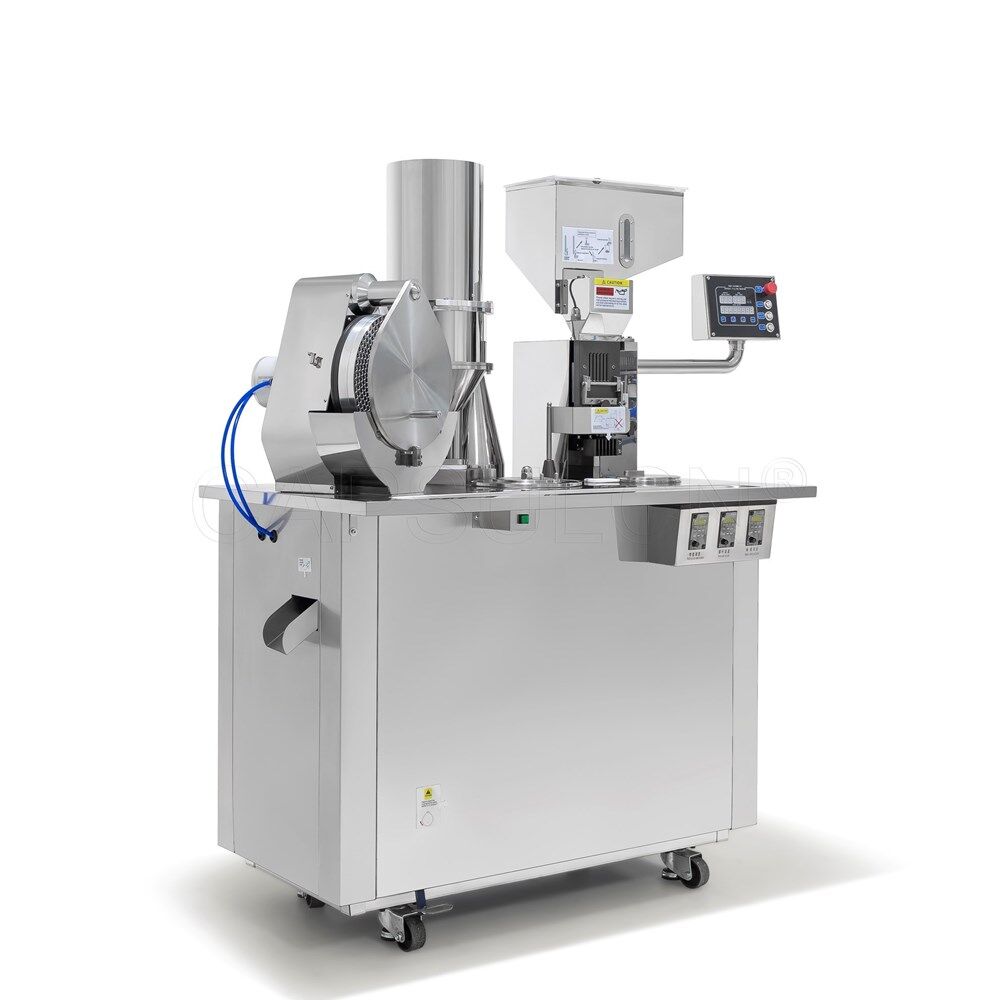

Containment Automatic Capsule Filling Machine SFK-703
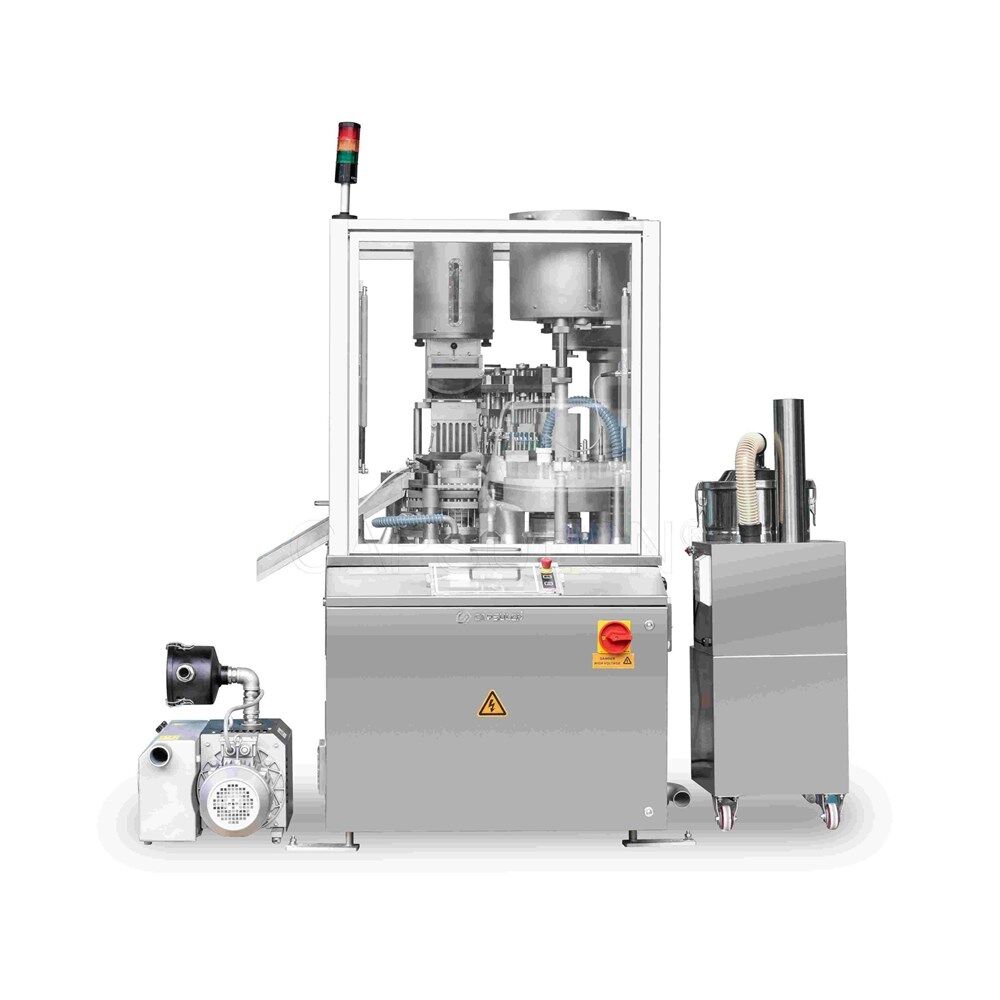
Fully Automatic Dosator Capsule Filling Machine CZ-40

Our Team
As an expert in the pharmaceutical and pharmaceutical packaging industry, iPharMachine has provided solutions for hundreds of pharmaceutical and health product manufacturers for 17 years. By visiting customers, we get good reviews from our customers.
- info@ipharmachine.com
- English Español Deutsche
